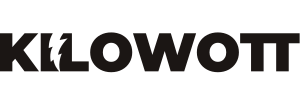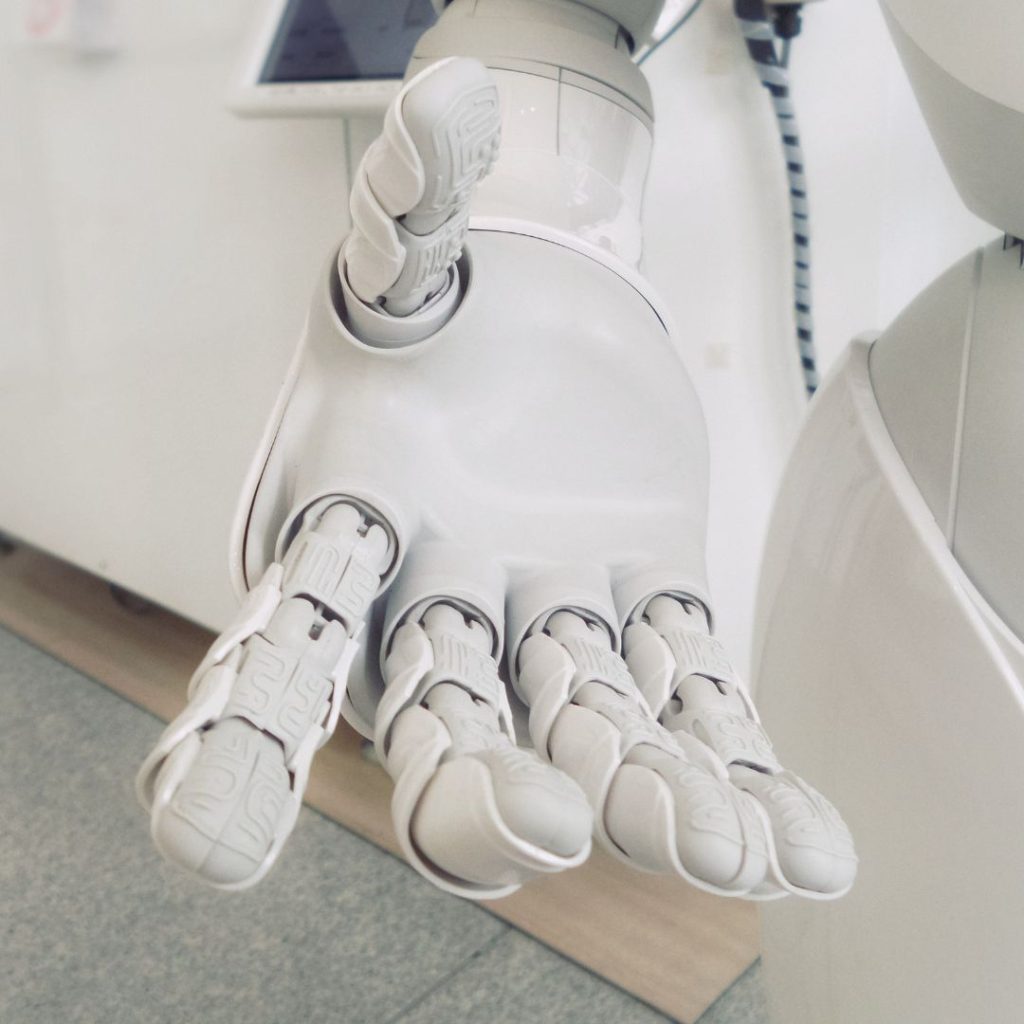COVID-19 has had a particularly harsh impact on the hospitality industry. It is now attempting to reclaim and recreate its pre-pandemic business volume.
Its best ally may be the latest technology advances in guest management, automation, and energy saving.
However, restoring the glory of the pre-Covid era will be difficult.
According to a survey done by the American Hotel and Lodging Association, the hospitality industry in the United States will lose four million jobs by 2020.
The group claims to have reversed ten years of job growth in the industry.
Almost every country on the planet is in a similar scenario.
The industry will progressively improve. While specialists create various situations, some industrial firm owners are striving to innovate and update.
Smart Rooms And Smart Hotels. How Are They Different To Any Other Hotel?
The technology that powers smart hotels goes beyond key cards.
This renaissance is accompanied by what are known as smart hotels.
These are hotels that use cutting-edge technology to benefit not just its visitors, but also their proprietors.
This has an impact on the cities where they are located as a result of enhanced sustainability practices at a local level, resulting in an economic boost for the hospitality and technological sectors in the area as well as tourism marketing.
Smart rooms can be developed with the help of technology. The Internet of Things (IoT) and big data management can also assist cut costs.
The IoT’s power for hotels manifests itself in the form of tasks that guests can do using their smartphones.
Smart hotels give guests the ability to regulate the temperature of their rooms, order room service, and even check in and out.
IoT is also used by establishment managers to obtain a better understanding of their guests’ needs, determine which services are the most popular, and optimize internal operations.
Smart hotels can improve their services while lowering expenses thanks to Big Data management technologies.
They have more control over bookings and cancellations, as well as the ability to optimize hotel occupancy based on the tourism season.
Although it may sound like science fiction, a growing number of hotels are incorporating robots into their employment as front desk robots or room service assistance.
The Yotel chain in Singapore, many hotels in Japan, and the 25hours Hotel The Circle in Cologne are all examples of this.
Robots have demonstrated their worth in disinfecting rooms and mitigating the impact of the epidemic on business at the Westin Houston Hotel (United States).
Aside from the financial advantages for the hotel, robots are a draw for curious customers who want to observe how this potential future technology operates.
Another fundamental component of any smart hotel is smart control of the hotel’s energy requirements.
Smart lighting, temperature management, and water conservation systems can all help to improve sustainability.
A mission that isn’t just about hotels.
Because, according to the Booking.com‘s Sustainable Travel Report 2018, 67 percent of guests are willing to spend an additional 5% to assist lessen their stay’s environmental effect.
Although many of the above-mentioned solutions are currently only available in high-end hotels, the cost savings that will certainly accompany the spread of the technology discussed above will lead to these features becoming more widely available.
Technologies That Can Transform Any Room into A Smart Room
1.Controls for Smart Rooms
The inclusion of customized room controls is one of the most popular ways hotels are transformed into smart rooms. For example, IoT technology allows a smartphone, smart speaker, smart hub, or tablet to manage a room’s lights, heating, air conditioning, and even curtains from a central place.
Smart hotel solutions have already been implemented by brands such as Hilton, allowing visitors to manage the temperatures in their rooms using their cellphones. Other hotels have gone even farther, allowing visitors to specify desired room conditions via their phones, with the gadgets automatically maintaining the settings. Meanwhile, thanks to gadgets like the Amazon Echo, voice-controlled lighting is becoming more common.
2. Entertainment that can be controlled by voice
Smart speakers and smart hubs can also be connected to entertainment gadgets in a smart hotel room, allowing for voice control. This allows guests to use basic voice commands to turn on or off the television or change the channel from anywhere in the room.
However, hotels may take this notion a step further by allowing guests to utilize voice control to execute more complex orders, such as playing personal music playlists through smart speakers or buying pay-per-view movies. As a result, devices can be utilized from anywhere in the room, resulting in a more convenient experience.
3. Improved Guest Service
The capacity to link gadgets to hotel services is a fundamental benefit of the Internet of Things in a smart hotel. These services may include everything from standard guest services like room service food and drink orders to things like reserving a massage or an exercise class at the hotel gym.
A voice-activated smart hub may be included in a smart hotel room, or visitors may be able to access an app via the television or a tablet device. Customers can request room service by pressing a button on a touch screen, or book spa appointments by using simple voice instructions to the smart hub.
4. Hotel Rooms that are Environmentally Friendly
Customers are becoming increasingly sensitive about issues such as sustainability, and many are willing to pay more for environmentally responsible businesses. Meanwhile, hotel management should be concerned about sustainability, because lower energy costs equal better overall economic performance.
IoT technology can assist with this by automating energy conservation. Consider how a room senses the amount of light in the room and then effortlessly reduces or increases the brightness of the light bulbs; or how the heating is automatically adjusted to save money based on the room temperature.
5. Maps that are interactive
The usage of interactive wall maps is one of the most innovative and distinctive ways that hotel chains have transformed a normal hotel room into a smart room. In reality, having access to the internet allows you to create maps that include real-time information like restaurant opening hours and online reviews.
Premier Inn’s Hub Hotel has taken this notion a step further by using augmented reality technology. Guests can access more information about some of the local tourist destinations and places of interest by downloading an app and pointing their smartphone at one of the wall maps, increasing the map’s basic function.
6. Default Decisions Based on Data
One of the issues associated with smart room technology is ensuring user privacy and collecting data with the appropriate level of care. However, some user data can be acquired and used without invading individuals’ privacy, and basic device usage information is an example of this.
As an example, a hotel might collect information about the most popular radio station listened to through the smart speakers offered. This allows them to make a data-driven, evidence-based decision on which radio station to establish as the default, thereby saving time and effort for future guests.
7. Tailored Entertainment
Finally, by providing more personalized entertainment alternatives, a hotel room can be transformed into a smart room. In most situations, this will entail allowing hotel guests to log into third-party web services such as Netflix, Amazon Prime, Spotify, and Apple Music using their own accounts.
Amazon just released their Alexa for Hospitality product, which uses a customized version of its Echo speakers to allow hotels to quickly deploy smart voice control. It intends to provide entertainment, allowing guests to connect their Amazon accounts to the gadget and access their audio books and music.
Customer loyalty programmes can help businesses differentiate their marketing efforts and cultivate long-term connections with clients in the travel and hospitality industries. Examine five strategies for improving customer loyalty programmes and bringing consumers, employees, and partners together around a set of common values and goals.
Incentivized Loyalty Programs
Surviving in the highly competitive hotel sector necessitates a clear strategy for attracting new consumers and converting existing customers into brand advocates.
Customized loyalty programmes that readily help convert one-time guests into repeat clients are one of the techniques that continue to succeed for hotels and other industry participants. The packaging of any reward programme that manages to impact guests’ booking behavior is the most crucial factor to consider, keeping in mind the uniqueness and individualism of the clients.
OTAs (Online Travel Agents) are a fantastic example. Members of particular programmes, for example, can get exclusive savings of up to 20% on hotel and airfare tickets, as well as vacation packages. Early check-ins, late check-outs, and complimentary airport pickups are also part of other reward schemes.
Furthermore, such incentives are a big draw for companies with a lot of executives that travel frequently, especially for business. This is because they usually have specific preferences, such as location and amenities, that are best suited to their business travels and stays.
This not only encourages tourists to book with the OTA on a regular basis, but it also helps B2B relationships develop. In the instance of an online travel agency and a hotel, this means that the OTA gains brand champions, while the hotels gain access to a client base of registered and frequent customers.
Hotels also profit from enhanced visibility and marketing through the OTA’s customized loyalty programme efforts.
The biggest snag is ensuring that the programmes are constructed in such a way that customers benefit justly even when there are targets to meet. Setting a goal for your customers, such as receiving a special gift after collecting a particular number of points, is a terrific way to keep them coming back.
Kilowott leverages its expertise and leadership in design, digital technologies and business process automation for a complete end-to-end business experience transformation (BxT) within the travel and hospitality industry.
We prioritize purpose, innovation, and deliver a holistic business experience to drive accelerated growth in customers, giving them exactly what they desire without trading sustainability and profitability?
Need a disruptive change to the human experience for your business or organization? Let’s talk




